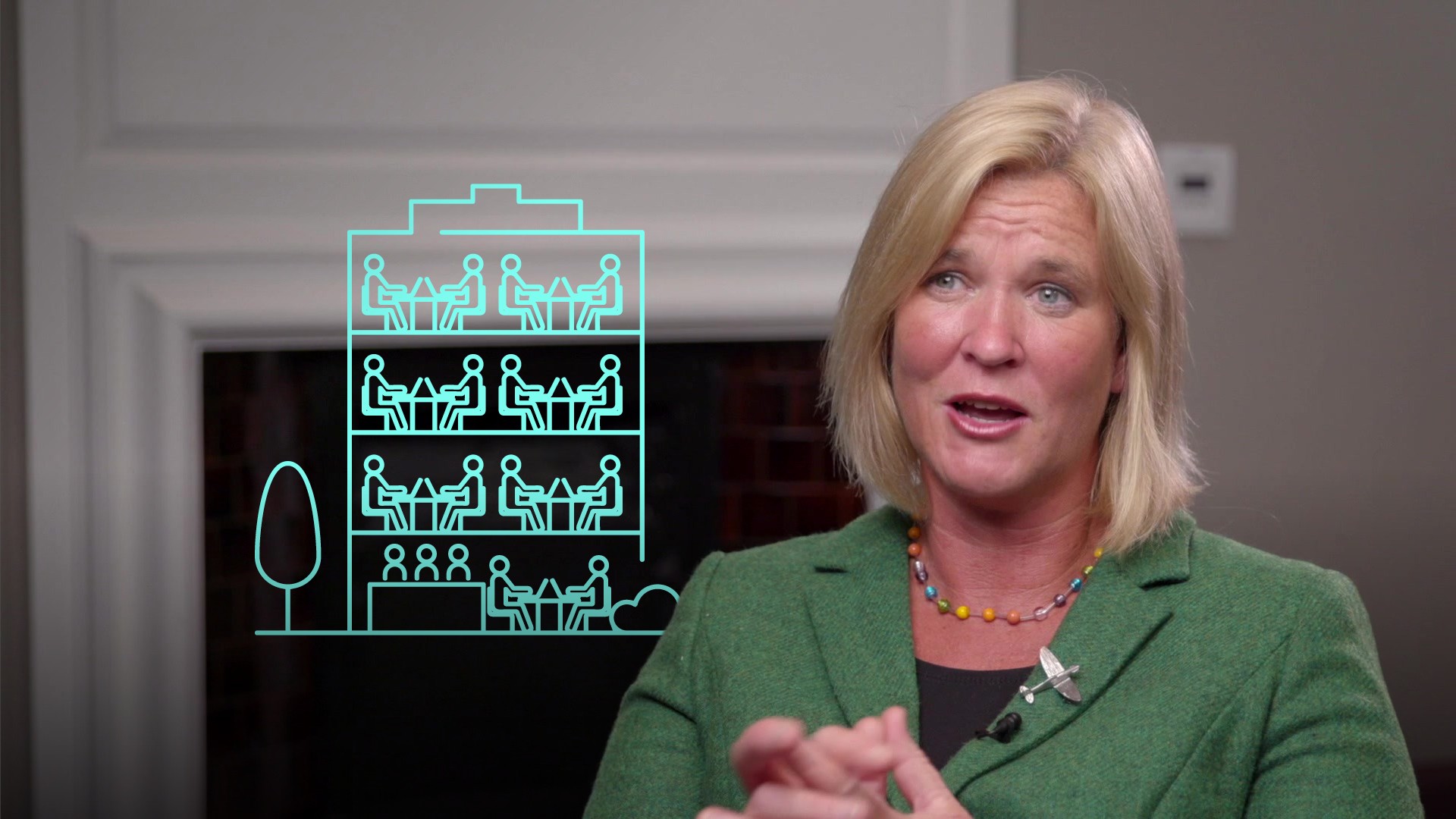
The Trust Equation in High Performing Teams

Mandy Hickson
25 years: Ex-RAF pilot & leadership expert
Mandy delves into the essence of trust and why it is integral to a successful team. By breaking down the ‘Trust Equation’ into points, Mandy illustrates how each of them contribute to high performance and a highly functioning team that can execute effectively.
Mandy delves into the essence of trust and why it is integral to a successful team. By breaking down the ‘Trust Equation’ into points, Mandy illustrates how each of them contribute to high performance and a highly functioning team that can execute effectively.
Subscribe to watch
Access this and all of the content on our platform by signing up for a 7-day free trial.

The Trust Equation in High Performing Teams
9 mins 57 secs
Key learning objectives:
Describe the trust equation
Understand what each term means
Understand why "the people" in teams are so important
Overview:
There are huge benefits of being part of a highly performing team, some of us may even have had the pleasure of being part of one. Mandy explains how she finally understood the full implications of this as she was nearing the end of my fast jet training, flying the Hawk aircraft from RAF Valley in Anglesey.
Subscribe to watch
Access this and all of the content on our platform by signing up for a 7-day free trial.
$ Trust = {Credibility + Reliability + Intimacy \over Self‑orientation} $
- Credibility - has to do with the words we speak. In a sentence, we might say, “I can trust what she says about intellectual property; she’s very credible on the subject.”
- Reliability - has to do with actions. We might say, “If he says he’ll deliver the product tomorrow, I trust him, because he’s dependable.”
- Intimacy - refers to the safety or security that we feel when entrusting someone with something. We might say, “I can trust her with that information; she’s never violated my confidentiality before, and she would never embarrass me.” It’s also about the empathy someone has, understanding what is going on in someone else's life.
- Self-Orientation - refers to the person’s focus. In particular, whether the person’s focus is primarily on him or herself, or on the other person. We might say, “I can’t trust him on this deal — I don’t think he cares enough about me, he’s focused on what he gets out of it.” Or more commonly, “I don’t trust him — I think he’s too concerned about how he’s appearing, so he’s not paying real attention.”
Subscribe to watch
Access this and all of the content on our platform by signing up for a 7-day free trial.

Mandy Hickson
There are no available Videos from "Mandy Hickson"



























